Biden warns of oligarchy and tech industrial complex
- Update Time : Friday, January 17, 2025
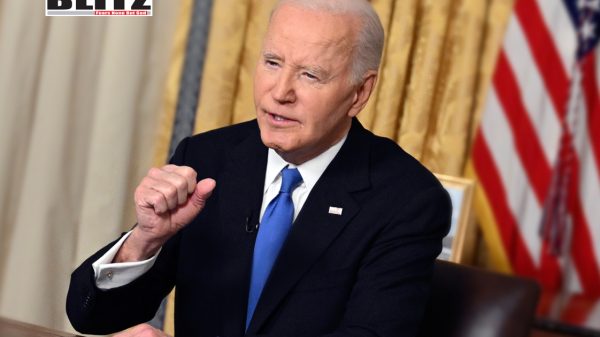
In a historic farewell address from the Oval Office on January 15, outgoing US President Joe Biden issued a stark warning to Americans about the growing influence of an oligarchic class and the emergence of a “tech-industrial complex.” Drawing on parallels to President Dwight D. Eisenhower’s iconic 1961 caution against the military-industrial complex, Biden’s speech emphasized the existential threats posed by concentrated wealth and technological power to democracy itself.
Biden’s remarks focused on what he described as the alarming consolidation of power among the ultra-wealthy. “An oligarchy is taking shape in America of extreme wealth, power, and influence that literally threatens our entire democracy, our basic rights and freedoms, and a fair shot for everyone to get ahead,” he declared. While the president refrained from directly naming figures such as Elon Musk, Mark Zuckerberg, or his successor, President-elect Donald Trump, his message was unmistakable.
This warning reflects growing public unease about the influence of billionaires and corporate interests in American politics and society. In recent years, tech moguls have not only amassed unprecedented personal wealth but also wielded enormous sway over political discourse, elections, and even public policy.
Biden drew comparisons to Eisenhower’s warning about the military-industrial complex, updating the caution for a new era. He described a burgeoning “tech-industrial complex,” wherein technological power could pose significant risks to the nation. “Six decades later, I’m equally concerned about the potential rise of a tech-industrial complex. It could pose real dangers for our country as well,” Biden said.
This concern is rooted in the dominance of a few powerful technology companies over critical sectors such as communication, commerce, and national security. Critics argue that these companies, largely unregulated, operate with minimal accountability while influencing elections, shaping public opinion, and controlling the flow of information.
Biden’s farewell address also underscored the dangers of misinformation and disinformation, which he described as undermining the foundations of democracy. “Americans are being buried under an avalanche of misinformation and disinformation, enabling the abuse of power. The free press is crumbling. Social media is giving up on fact-checking. The truth is smothered by lies told for power and for profit,” he stated.
In recent years, misinformation campaigns have eroded public trust in democratic institutions and processes. Social media platforms, once heralded as tools for free expression and democratization, have faced criticism for failing to curb the spread of falsehoods. Biden’s remarks reflect a growing consensus that stronger regulation and oversight are needed to ensure the accountability of these platforms.
“We must hold the social platforms accountable to protect our children, our families, and our very democracy from the abuse of power,” Biden added, signaling the need for comprehensive reforms in digital governance.
In addition to addressing the influence of wealth and technology, Biden used his farewell address to advocate for sweeping reforms to protect democratic institutions. Among his proposals were:
Eliminating Dark Money: “We need to get dark money – that’s that hidden funding behind too many campaign contributions – out of our politics,” Biden said.
Banning Stock Trading for Members of Congress: Highlighting potential conflicts of interest, Biden called for a ban on congressional stock trading while in office.
Constitutional Amendments for Accountability: The president proposed amending the Constitution to ensure no president is immune from prosecution for crimes committed while in office.
Supreme Court Reforms: Biden also suggested reforms to the nation’s highest court, though he did not provide specific details.
These proposals reflect Biden’s long-standing emphasis on restoring public trust in government and addressing systemic inequalities in American politics. His call for ethical reforms comes against a backdrop of growing concerns about corruption and self-dealing among public officials.
While much of his speech focused on future challenges, Biden also took the opportunity to highlight his administration’s achievements. He pointed to a strong economic recovery following the pandemic, robust job creation, and landmark investments in infrastructure and environmental policies.
“It will take time to feel the full impact of what we’ve done together. But the seeds are planted, and they’ll grow and bloom for decades to come,” Biden said.
Despite these accomplishments, Biden acknowledged that his efforts had not fully addressed the systemic issues he described. Critics of his administration have pointed to rising income inequality, persistent polarization, and the influence of big tech as ongoing challenges that remain unresolved.
Biden’s address also carried an implicit critique of the incoming administration. While he did not name President-elect Donald Trump, his calls for political ethics and accountability could be seen as a veiled warning about the direction the country might take. Biden’s emphasis on reforms to campaign finance and presidential accountability contrasted sharply with Trump’s political record and rhetoric.
At 82 years old and with over half his life spent in public service, Biden’s farewell address was as much a reflection on his own legacy as it was a roadmap for the future. His message to the American people was clear: the fight to preserve democracy and ensure fairness for all is far from over.
By evoking Eisenhower’s warning about the military-industrial complex, Biden’s address placed his concerns within a historical context. Eisenhower’s speech in 1961 cautioned against the undue influence of a permanent arms industry on American democracy. Six decades later, Biden warned of a new concentration of power, this time in the realms of wealth and technology.
The parallels between the two presidents’ warnings highlight the enduring challenge of balancing innovation, economic growth, and democratic accountability. Just as Eisenhower’s caution became a defining moment of his presidency, Biden’s farewell address may serve as a critical touchstone in the ongoing debate about the future of American democracy.
Biden’s farewell address is likely to resonate far beyond the Oval Office. His caution against oligarchic power and the tech-industrial complex reflects broader concerns about the erosion of democratic values in the face of wealth and technological dominance.
As the nation prepares for a new administration, Biden’s words serve as a reminder of the challenges that lie ahead. His call for reforms and accountability may not be fully realized during his lifetime, but they set a critical agenda for future leaders.
In his final moments as president, Biden left Americans with a solemn warning: democracy is fragile, and its preservation requires vigilance, integrity, and a commitment to the common good.



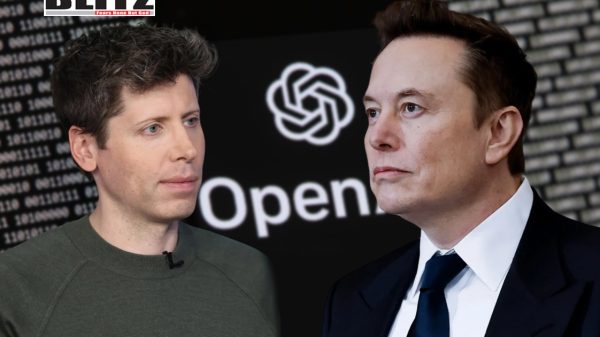

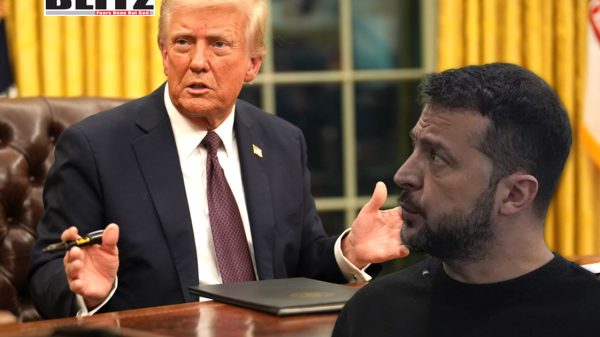

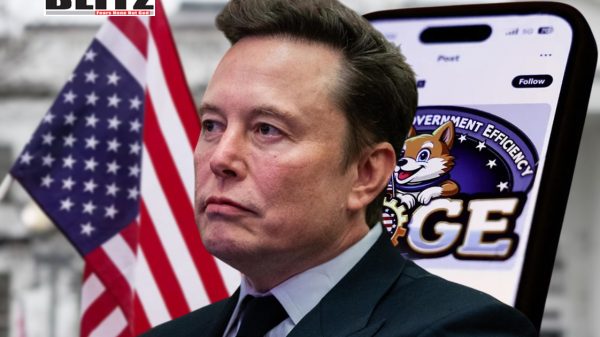

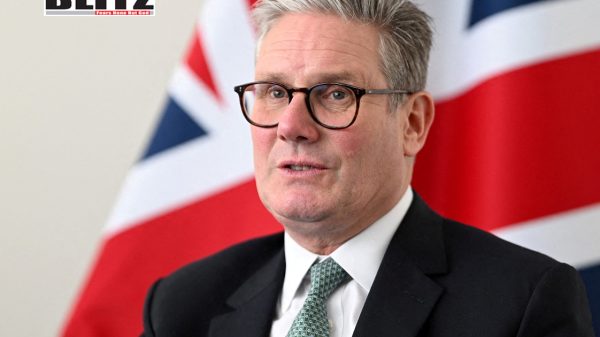




Leave a Reply